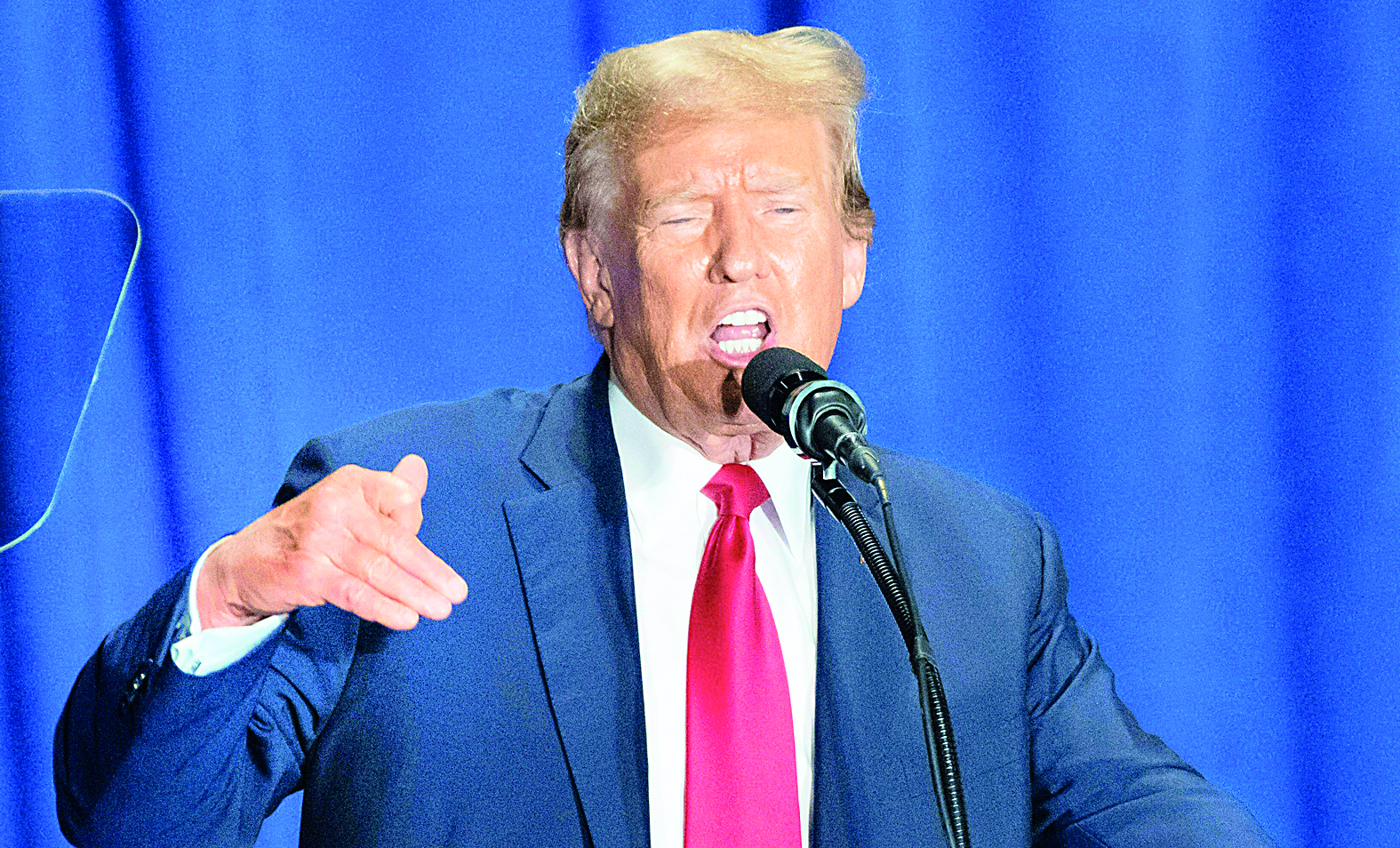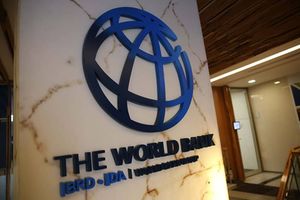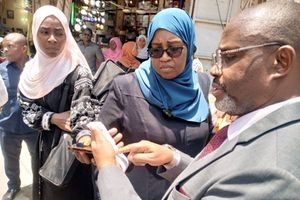Tanzania’s Deputy Premier calls for regional cooperation to boost energy efficiency

Deputy Prime Minister, Dr Doto Biteko. PHOTO | FILE
What you need to know:
- Citing data from the International Energy Agency (IEA), Dr Biteko noted that global energy efficiency improved by just 1.1 percent in 2023, falling short of expectations
Arusha. Deputy Prime Minister and Minister for Energy, Dr Doto Biteko, has urged East African Community (EAC) and Southern African Development Community (SADC) member states to strengthen collaboration in adopting effective policies and advanced technologies aimed at improving energy efficiency across the region.
Speaking at the opening of the Regional Energy Efficiency Conference (REEC), Dr Biteko underscored the critical role of energy efficiency in ensuring a stable power supply, mitigating greenhouse gas emissions, and driving sustainable economic growth across the region.
“Energy efficiency is a cornerstone of sustainable development,” he said.
The conference, supported by the United Nations Development Programme (UNDP) and the European Union (EU), serves as a platform to enhance energy efficiency across Tanzania and the wider region.
Citing data from the International Energy Agency (IEA), Dr Biteko noted that global energy efficiency improved by just 1.1 percent in 2023, falling short of expectations.
“Progress within the EAC and SADC regions varies significantly, with each country charting its path in implementing policies and technologies. This creates a unique opportunity for regional collaboration, where we can learn from each other’s successes and challenges,” he said.
Under the theme Promoting Energy Efficiency for Sustainable Development, Dr Biteko urged energy experts to adopt advanced technologies, execute energy-efficient programmes, and invest in research to enhance energy production and reduce wastage.
During the event, Dr Biteko launched Tanzania’s first 10-year National Energy Efficiency Strategy, describing it as a roadmap for achieving energy efficiency targets.
“Its successful implementation requires collaboration across all sectors and support from development partners,” he said.
Dr Biteko also highlighted energy wastage as a major challenge in Africa, with losses of 12–15 percent reported in some countries. According to him, Tanzania’s energy losses are estimated at 14 percent.
World Bank director for Malawi, Tanzania, Zambia, and Zimbabwe, Mr Nathan Belete, revealed that the institution has invested $9.6 billion in EAC and SADC countries, with $1.7 billion allocated to Tanzania, to improve energy accessibility, production, distribution and efficiency.
“The World Bank addresses the urgent need to expand energy access while promoting sustainable social, economic and environmental development,” Mr Belete said.
He noted that 560 million people in the SADC region lack reliable energy, hindering economic growth. Enhanced energy systems, he added, would lower costs in rural areas and reduce environmental pollution.
Permanent secretary in the ministry of Energy, Mr Felchesmi Mramba, said the conference was organised in partnership with the EU, UNDP, and the Embassy of Ireland under the first phase of Tanzania’s energy efficiency programme.
The conference aimed to raise awareness, share experiences, and develop collaborative solutions to establish common energy efficiency standards and guidelines among member states.




